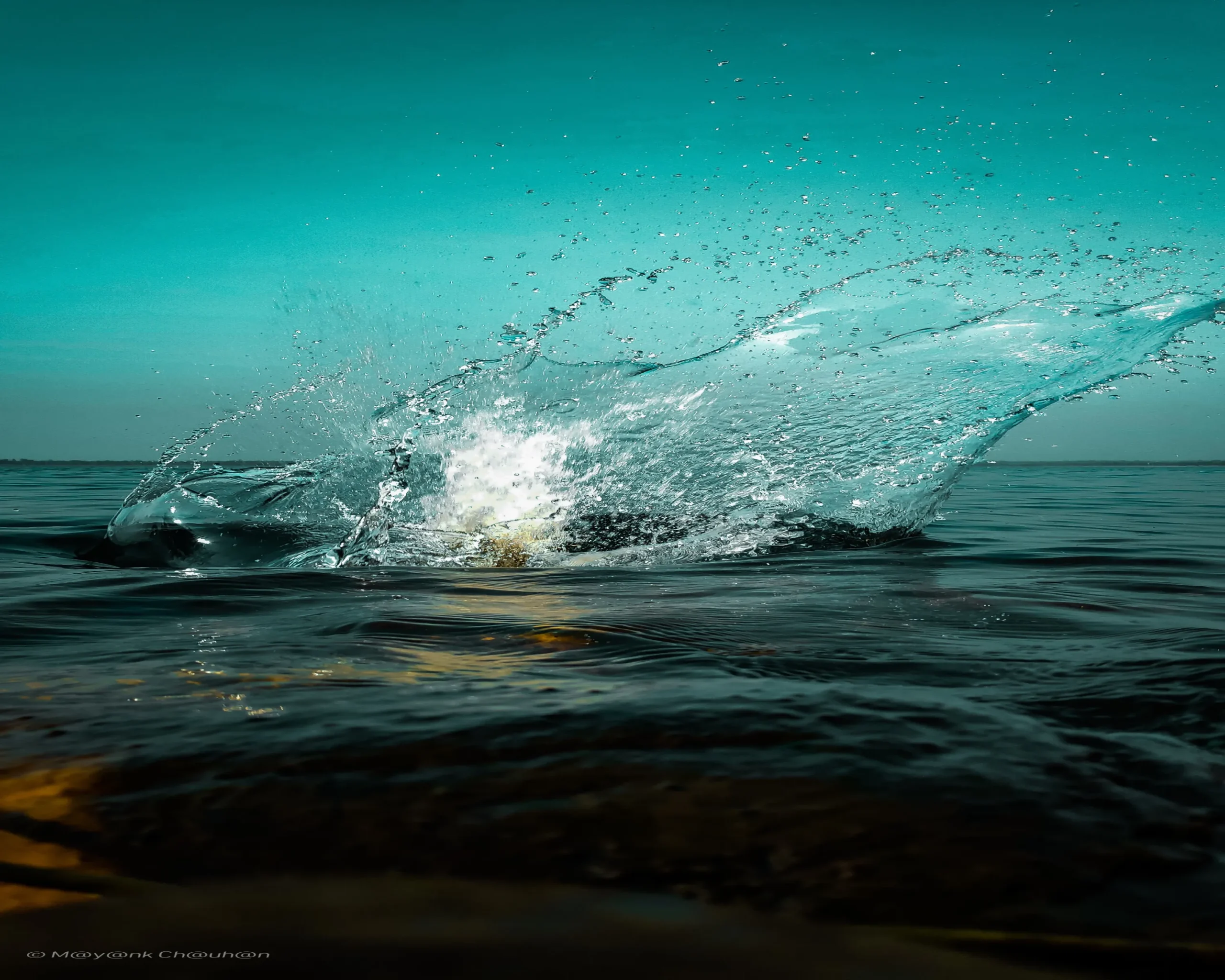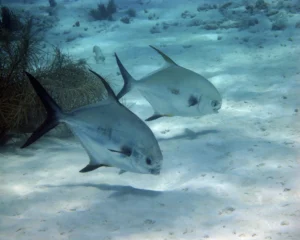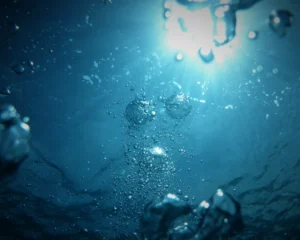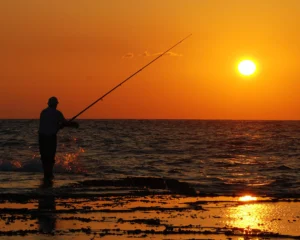Read in Urdu Language Click Here.
Blast Fishing:
Blast fishing, also known as fish bombing or dynamite fishing, is an illegal and highly destructive fishing practice that involves using explosives to stun or kill schools of fish. This method is extremely harmful to marine ecosystems and has severe environmental, ecological, and social consequences.

Here are key points about blast fishing:
-
Explosives Used:
Blast fishers typically use homemade bombs or dynamite. These explosive devices are thrown into the water, and upon detonation, the shockwaves kill or stun nearby fish.
-
Immediate Impact:
The immediate impact of blast fishing is devastating. The explosion can kill fish within the blast radius, and the shockwaves can rupture fish swim bladders and internal organs.
-
Collateral Damage:
Blast fishing not only affects the targeted fish but also causes collateral damage to coral reefs, seafloor habitats, and other marine organisms. Coral reefs are particularly vulnerable, and the explosive force can lead to coral fragmentation and destruction.
-
Ecosystem Disruption:
The destruction of fish populations and habitats disrupts the balance of marine ecosystems. The loss of key species can have cascading effects on the entire food web, impacting predators, prey, and the overall health of the marine environment.
-
Unsustainable Harvesting:
Blast fishing is an unsustainable and indiscriminate method of harvesting fish. It often results in the overexploitation of fish stocks, depleting populations and reducing the resilience of marine ecosystems.
-
Loss of Biodiversity:
Blast fishing contributes to the loss of biodiversity by eliminating fish species and damaging habitats that are essential for the survival of various marine organisms.
-
Environmental Degradation:
The practice causes long-term environmental degradation, affecting not only marine life but also the physical structure of the underwater environment. The recovery of damaged habitats can take years or even decades.
-
Illegal and Criminal Activity:
Blast fishing is illegal in many countries due to its destructive nature and the associated environmental consequences. Despite this, it continues in some regions due to a lack of enforcement, poverty, and limited alternative livelihoods.
-
Human Impact:
Blast fishing poses significant risks to human safety. Accidents can occur during the handling, transport, and detonation of explosives, leading to injuries or fatalities among fishers and nearby communities.
-
Conservation Efforts:
Conservation organizations and authorities work to combat blast fishing through increased enforcement, public awareness campaigns, and community engagement. Efforts also include promoting sustainable fishing practices and alternative livelihoods.
-
Global Concern:
Blast fishing is a global concern that affects marine environments in various regions, including Southeast Asia, parts of Africa, and some Pacific islands. International cooperation and collaboration are essential to address this issue.
Blast fishing is widely condemned due to its severe impact on marine ecosystems and the livelihoods of coastal communities. Efforts to combat blast fishing involve a combination of law enforcement, community engagement, education, and the promotion of sustainable fishing practices to ensure the long-term health of marine environments.
Read in Urdu Language Click Here.




